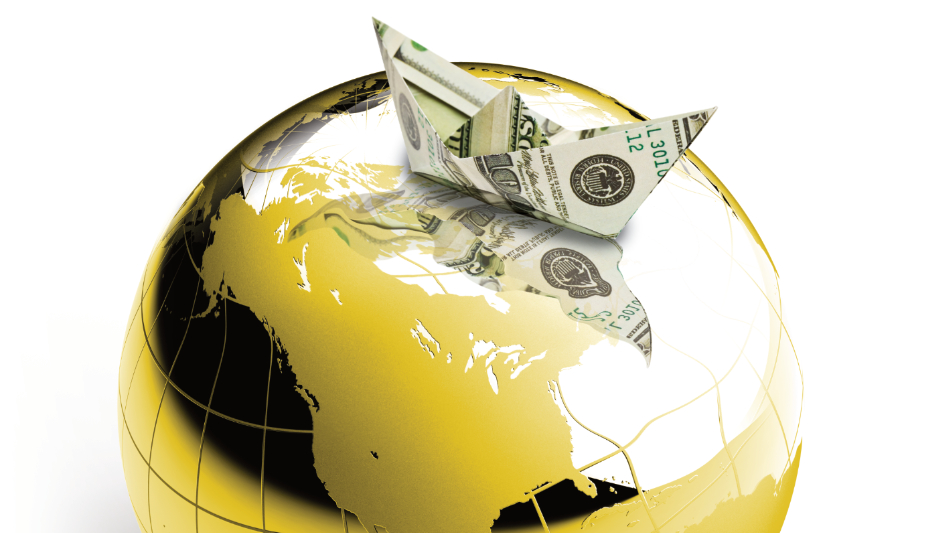As bad as the winter was in terms of warm weather and lower fuel sales, it pales in comparison to the global health and economic crisis brought on by the coronavirus. For companies in the home heating industry, the timing of the outbreak — at the end of the heating season — may be the single bright spot in the gloom. But our industry has purposely evolved into a year-round business, with companies diversifying into other services and products to help sustain cash flow during the spring and summer months. The economic slowdown will almost certainly affect the demand curve for such services as plumbing, air conditioning, etc.
What steps can you take right now to help mitigate the impact on your company so that, whenever it might end, you emerge from the crisis intact and ready to roll?
Customers
People across the country continue to be bombarded by bad news, and the nation risks falling into a malaise of fear and uncertainty. That makes it more important than ever for you to communicate with customers early and often, reassuring them that you can be counted on to continue to meet their energy and home comfort needs.
Try to work out payment plans for customers who may still owe on budget plans – you’ll want them back next winter. Encourage them to make payments via credit card where possible so that you get cash flow while the customer spreads payments out over time.
The global energy industry has ample supply of fuel, and crude oil prices have fallen dramatically in recent weeks. Encourage customers to lock in next year’s fuel at today’s lower prices. (But be sure you, in turn, lock in your supplies to meet requirements at the same favorable prices.)
Employees
This is the time of year when many energy companies lay off seasonal employees. But with the tight labor market we have experienced over the past few years, it might be a good idea to try to retain key personnel. Look for creative ways to keep your staff, such as temporary wage reductions, payroll deferrals, or reduced hours for certain employees.
If you can’t keep everyone on payroll, encourage those you let go to file for unemployment assistance immediately. Many states are streamlining the process and speeding delivery of the first checks. Above all, let your employees know that their health and safety, and the health and safety of their families, takes priority. Good leadership now will pay dividends later.
Supply Chain & Vendors
Communicate immediately with your vendors, including fuel suppliers, to try to lengthen payment terms to preserve cash. This crisis will end and most companies will want to be flexible in order to retain their customers. However, now might be a good time to investigate alternative sources for fuel, parts and other supply chain elements.
Margins on oil and propane were and have been good. With the price of product being as low as it is, there is an opportunity for companies that have storage capacity to take advantage of the low prices and buy oil and propane for next winter. Yes, it is a gamble. But it is unlikely that prices will go much lower than they are today.
Financial Steps
You can negotiate with banks and landlords to modify loan terms and lease terms to reduce payments or push them out to a later date. Ask for temporary waivers or changes to loan covenants that may not be satisfied. The SBA is working on an emergency loan program for small businesses impacted by the crisis, and some states are developing their own financial support programs for small companies.
As of this writing, the IRS has extended the April 15 tax filing and payment deadline to July 15 for all businesses and individuals.
If you have business interruption insurance, it may not cover any losses unless and until the government in your state declares the pandemic a disaster so that your policy kicks in. We are still seeing activity in the buying and selling of companies, and company values have remained where they were before coronavirus hit. It may take longer to close a deal, but the market remains strong.
Get Help
Navigating the coronavirus crisis is like sailing through uncharted waters. Nobody should have to do it alone. Turn to the professionals who have assisted your business in the past for guidance and advice on creating a measured, practical response. The crisis will pass, and steps you take now will help you survive it and be ready on the other side.
It is important to take a long-term view. Heating oil and propane are commodities that people will need again next winter. Do not do anything that will have a negative long-term impact on your company or customers. Well-managed companies will get back to doing well once things get back to normal, even if it’s a new normal.
Martin Kirshner, CPA, MSA is a member of the Energy Practice Group at Gray, Gray & Gray Certified Public Accountants and specializes in accounting, tax, and consulting for energy company owners. You can reach Martin by calling 781-407-0300 or at mkirshner@gggcpas.com.


